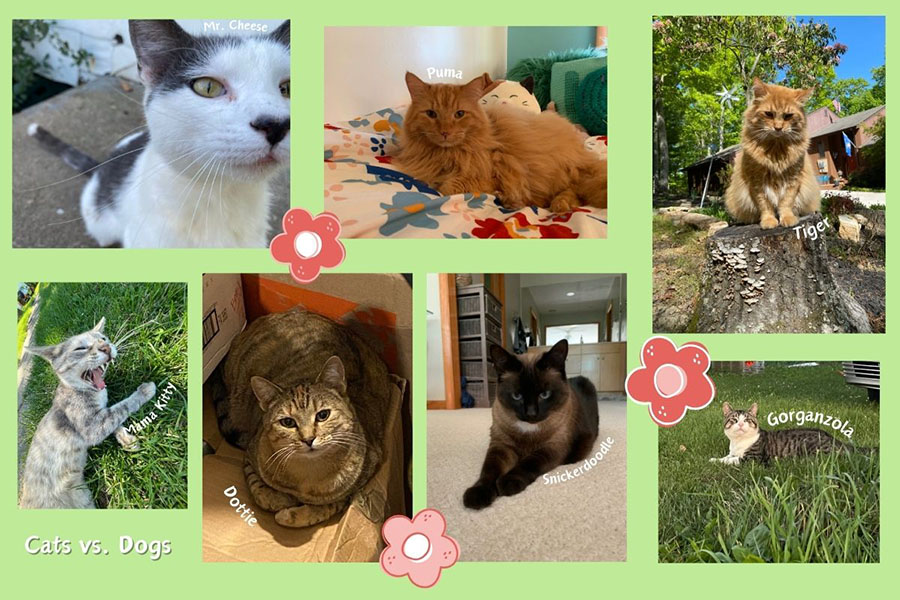THE ISSUE: UW-Eau Claire College Republicans held a bake sale to protest an admissions policy.
In an effort to protest a certain government policy, political groups will often target one part of the law and blow its significance out of proportion.
The UW System Board of Regents passed a new admissions policy Feb. 9, stating that race and personal background should be considered when deciding if a student is qualified to go to the university, according to a Feb. 12 article in The Spectator.
On Monday, the UW-Eau Claire College Republicans held a bake sale to protest against the policy’s “reverse racism” toward Caucasian students, according to an article in today’s Spectator.
A Caucasian student was charged $1.00 for a brownie, an African-American student and Hispanic student were charged 50 cents and 25 cents, respectively, and Native Americans could get a brownie for free. Asian-Americans were not included on the list because the group felt they were not “underrepresented.” But despite the fact that Caucasian students are also not underrepresented, they were included on the list.
Protesting against a perceived injustice is fine, but the College Republicans made a ridiculous and inappropriate stab at the admissions policy. The policy is not solely based on race, as it equally looks at economic standing and background experience of each applicant.
The College Republicans played the race card and created a sensationalized publicity stunt that misled students and faculty who showed curiosity toward the bake sale.
The group believes that an African-American applicant will get the benefit of the doubt over a Caucasian student with equal qualifications when deciding who will get accepted into the school. However, if both students are equal on paper, they will both be accepted into that college.
The unversity was hurt the most from this stunt because it reflected poorly on its reputation as a whole. Prospective students, including those in the tour group that walked by, and local businesses could hear about it and formulate a negative opinion from the improper actions of a small minority that inadvertantly spoke for an innocent majority.






